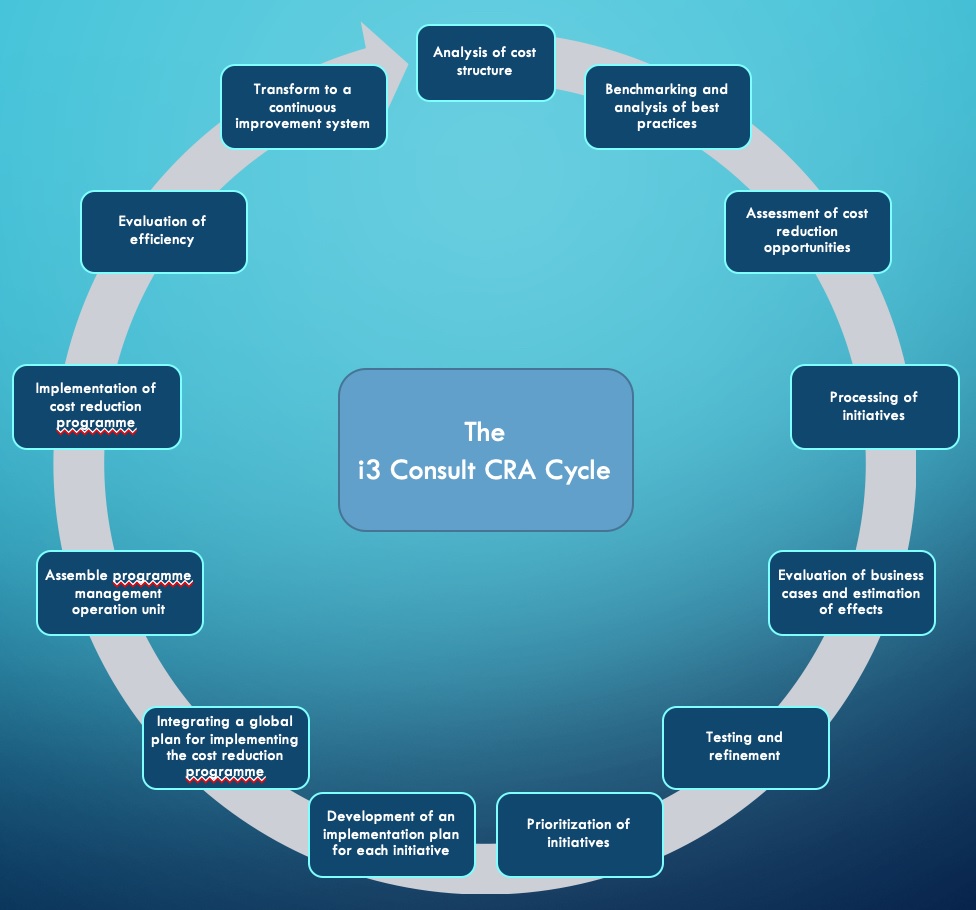Pharma Cost Reduction Analysis – Why It Is Important

In the last of our series of posts on our service offering, i3 Consult from day one of business has also been offering cost reduction analysis as one of its core services to our clients in the life sciences and here are highlighted some of the key reasons for our service offering:
Financial sustainability: Pharmaceutical companies face significant cost pressures due to various factors such as research and development (R&D) expenses, regulatory requirements, pricing pressures, and increasing competition. Conducting cost reduction analysis helps these companies optimize their expenses and maintain financial sustainability in a highly competitive market.
Improved profitability: By identifying and eliminating unnecessary costs, pharmaceutical companies can improve their profitability. Cost reduction analysis allows companies to identify areas where expenses can be reduced without compromising on product quality, safety, or compliance. This can lead to higher profit margins and better financial performance.
Enhanced competitiveness: The pharmaceutical industry is highly competitive, with numerous companies vying for market share. Effective cost reduction strategies can help pharmaceutical companies lower the prices of their products, making them more competitive in the market. This can lead to increased market share and revenue growth.
Accessible healthcare: Pharmaceutical cost reduction analysis can contribute to making healthcare more affordable and accessible to patients. By reducing manufacturing, distribution, and operational costs, pharmaceutical companies can lower the prices of their medications. This can benefit patients, particularly those who may struggle with the financial burden of high healthcare costs.
Innovation and R&D focus: The funds saved through cost reduction analysis can be redirected towards innovation and research and development efforts. Pharmaceutical companies can invest in discovering and developing new drugs, improving existing medications, or exploring new treatment options. This helps drive innovation in the industry, leading to better healthcare outcomes and improved patient care.
Regulatory compliance: The pharmaceutical industry is subject to strict regulatory requirements, including quality standards, safety regulations, and reporting obligations. Cost reduction analysis helps companies ensure compliance with these regulations while optimizing costs. By streamlining operations and identifying cost-saving opportunities, companies can meet regulatory requirements without incurring unnecessary expenses.
Long-term sustainability: Sustainable cost reduction strategies can help pharmaceutical companies maintain long-term success. By continually analyzing and optimizing costs, companies can adapt to market changes, manage financial risks, and remain resilient in the face of economic uncertainties.
In summary, cost reduction analysis in the pharmaceutical industry is essential for financial sustainability, improved profitability, enhanced competitiveness, accessible healthcare, innovation, regulatory compliance, and long-term success. It enables pharmaceutical companies to optimize their expenses while maintaining quality, safety, and compliance standards.
i3 Consult can give a critical appraisal of the cost reduction opportunities of your company in the life science industry and advise on the corrective action necessary. To find out more contact: wallace.macindoe@i3consult.com
#drugdevelopment #costeffectivedrugs #valuechainanalysis